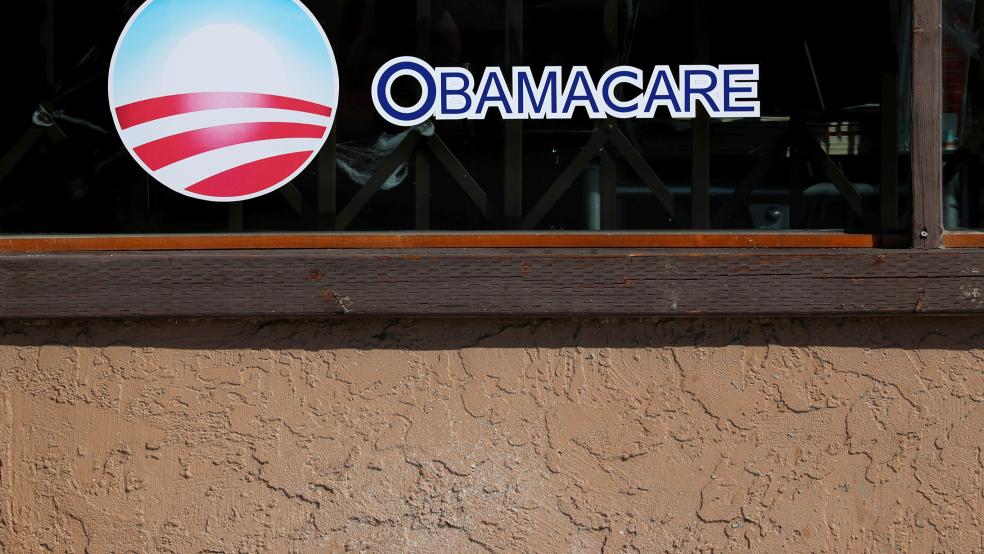The Supreme Court ruled 8-1 Monday that a group of insurance companies is owed $12 billion under provisions of the Affordable Care Act. The decision requires the government to make payments that were promised to insurers in the first years of the ACA but were held up by Congress amidst the political battle over Obamacare.
Writing for the majority, Associate Justice Sonia Sotomayor said that the decision is based on the basic idea that the “Government should honor its obligations.” The sole dissenting vote came from conservative Justice Samuel Alito, who said that the ruling “has the effect of providing a massive bailout for insurance companies that took a calculated risk and lost.”
The background: To encourage private insurers to participate in Obamacare as it got off the ground in 2014, the ACA established a “risk corridor” program designed to smooth out profits and losses for the first three years. Health insurance providers that earned higher-than-expected profits would pay some of their gains to the government, while insurers that lost money because they set premiums too low would be compensated, thereby eliminating the risk of large unforeseen losses.
But Republicans in Congress successfully undermined the risk corridor program by attaching riders to appropriations bills from 2014 through 2016 that prevented the federal government from making payments to insurance companies. Health insurers sued to recover the funds they said there were owed, resulting in the case, “Maine Community Health Options v. United States,” that was decided Monday.
What it means: The ruling is “a vindication of the ACA's original structure,” says Larry Levitt of the Kaiser Family Foundation. Even so, the funds will be paid too late to achieve one of their primary purposes. “It’s compensating insurers for money that they were supposed to get several years ago,” Levitt told The New York Times. “If the money had been paid out when it was supposed to, it would have stabilized the A.C.A. financially and politically.”
The ruling may also shed light on how the court will approach a separate case that represents a major threat to the Affordable Care Act, says Vox’s Ian Milhiser. In the fall, the court will take up California v. Texas, a lawsuit backed by the Trump administration that seeks to invalidate the health care law in its entirety. “If the justices approach the California case with the same wholly legal approach they took in the Maine Community case,” says Milhiser, “this latest attack on Obamacare will also be rejected by a lopsided vote.”




